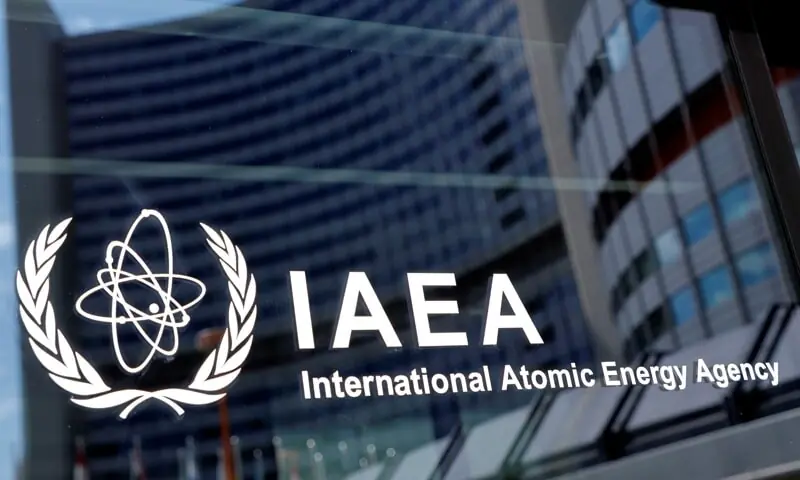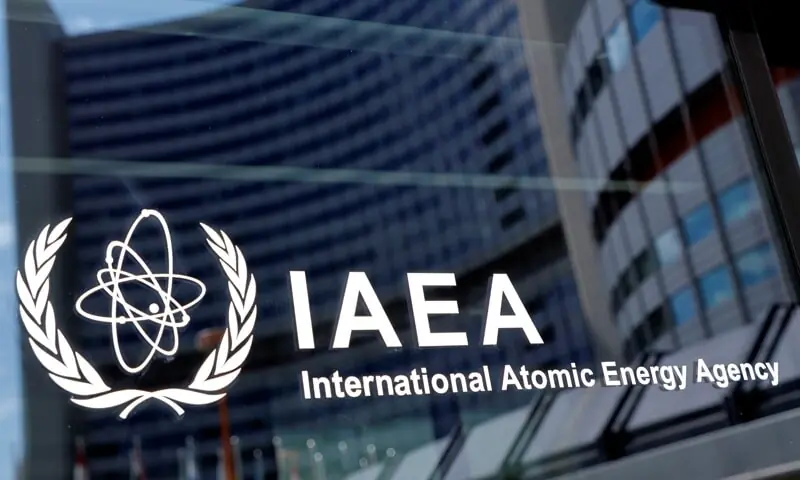Islamabad: Pakistan and the International Atomic Energy Agency (IAEA) signed the Fifth National Planning Framework (CPF) for 2026-2031 on Wednesday in the scene of the ongoing IAEA Conference in Vienna.
The framework was signed by PAEC Chairman Dr. Raja Ali Raza Anwar, and Hua Liu, Deputy Director of IAEA and Head of Technical Cooperation, represent their respective parties.
CPF 2026-2031 demonstrates the enduring partnership between Pakistan and the International Atomic Energy Agency. Paec’s press release said its implementation will strengthen Pakistan’s socio-economic development and strengthen its role as a responsible member state committed to the IAEA’s global mission.
The country’s plan outlines national priorities where nuclear science and technology will directly support socio-economic development. It is based on decades of cooperation and is aligned with Pakistan’s development agenda and international commitments, including the Sustainable Development Goals.
CPF 2026-31 strengthens Pakistan’s role as a responsible member state dedicated to global missions
Covering three technical cooperation cycles, it identifies five key areas: food and agriculture, human health and nutrition, climate change and water management, nuclear power, and radiation and nuclear safety.
Contributing nearly a quarter of GDP and using more than a third of the labor force in agriculture, nuclear technology will be used to increase crop yields, pest advantages, improve livestock health and improve food safety. Pakistan’s participation in the IAEA’s Atoms4food initiative demonstrates its commitment to food security and climate resilient agriculture.
In terms of health, the increase in cancer cases and noncommunicable diseases has made health care a central focus. Through CPF, Pakistan will expand its collaboration with IAEA nuclear medicine, radiation oncology, medical physics and radiopharmaceuticals.
The network of 20 Atomic Energy Cancer Hospitals (AECHS) has served more than 1 million patients a year and will further be equipped with advanced therapies, precision diagnosis and locally produced radiopharmaceuticals for affordable treatments.
In the environmental field, Pakistan is one of the easiest countries to face victorious water scarcity and extremely unpredictable weather conditions. Nuclear technology, especially isotope hydrology, will be used to monitor water resources, improve irrigation efficiency and support resilience against climate change. As the IAEA cooperation center, the Pakistan Institute of Nuclear Science and Technology will play a central role in the application of these technologies.
In terms of energy, nuclear power currently contributes more than 18% of annual power generation, with six operating plants and another built in Chashma. CPF focuses on plant life management, waste management, non-destructive testing and safe decommissioning while meeting Pakistan’s greenhouse gas reduction targets by 2030.
On the security front, Pakistan’s nuclear regulator will continue to strengthen supervision of nuclear activities. IAEA support will enhance the ability to prepare urgently, radioactive waste disposal, safe transportation, and the use of artificial intelligence in regulation. These steps protect workers, the public and the environment while ensuring compliance with international safety standards.
The CPF highlights Pakistan’s advocacy for gender equality and emphasizes women’s participation in science.
The PAEC Chairman said at the signing ceremony that the signing framework of the national plan reaffirmed Pakistan’s firm commitment to the peaceful application of nuclear science and technology.
Mr. Hua welcomed Pakistan’s strong participation and described the CPF as a shared vision for sustainable development through peaceful nuclear cooperation.
Posted in Dawn on September 19, 2025



